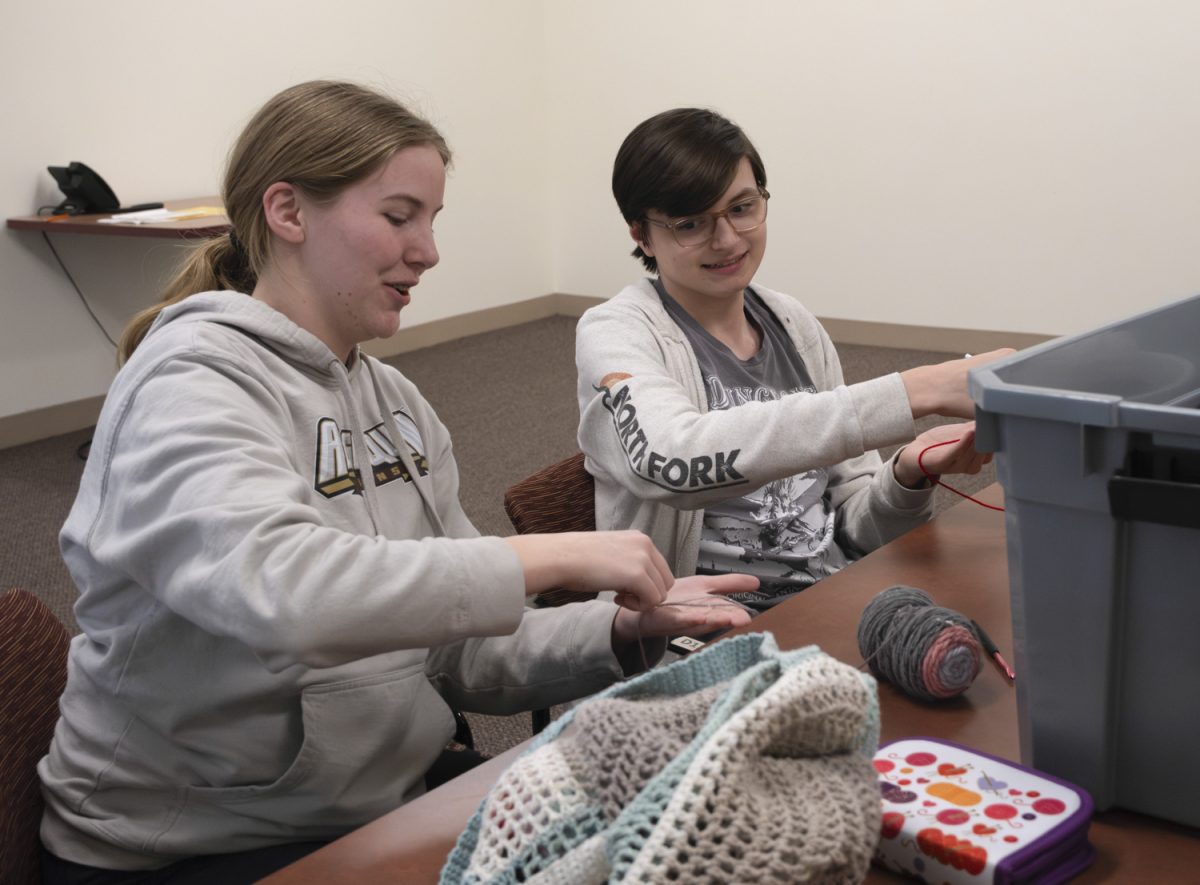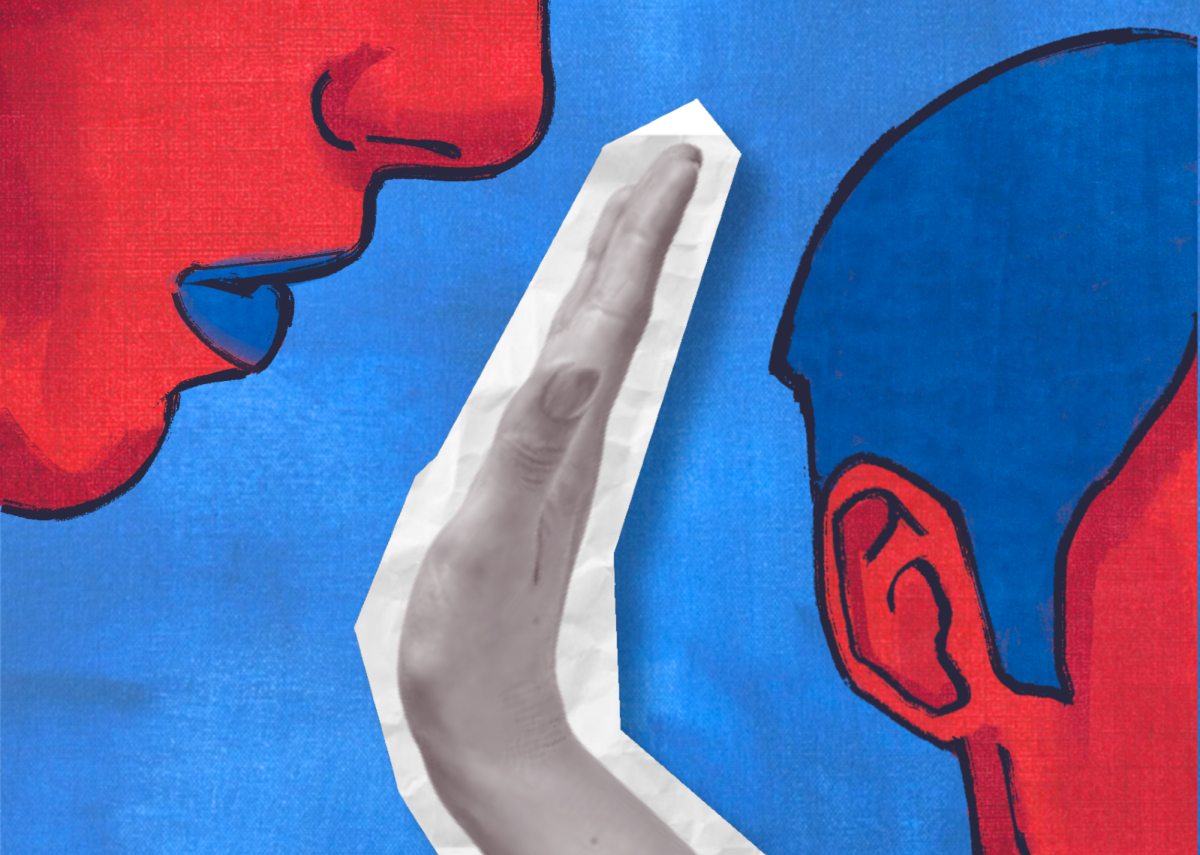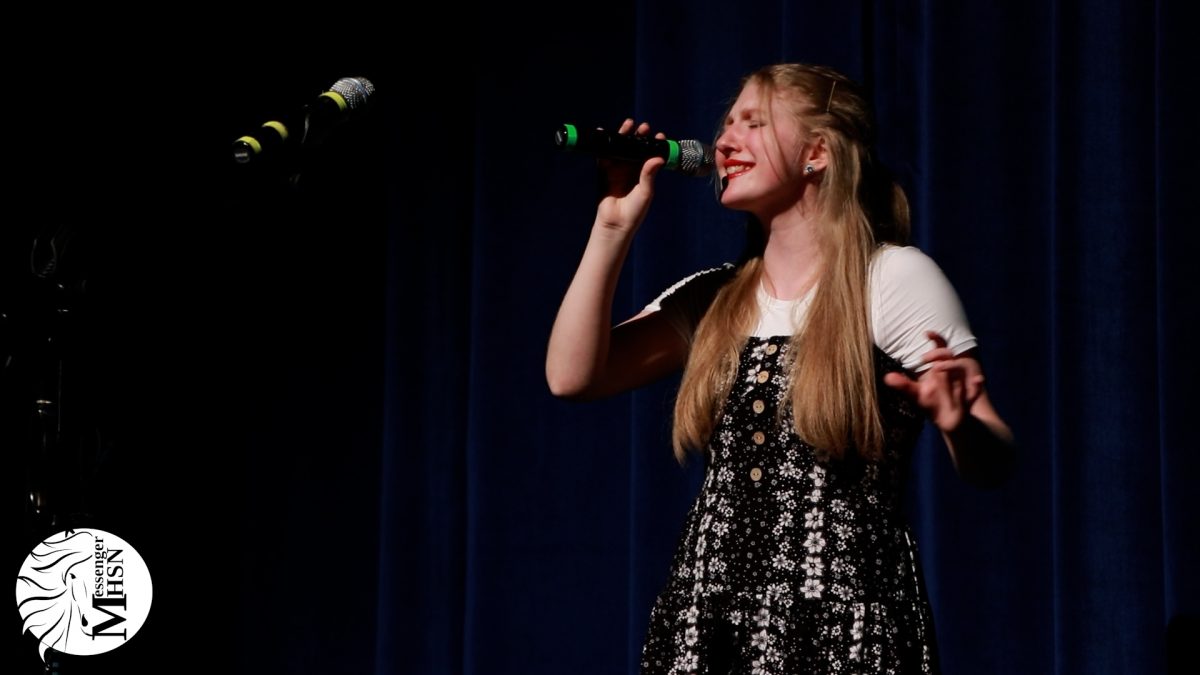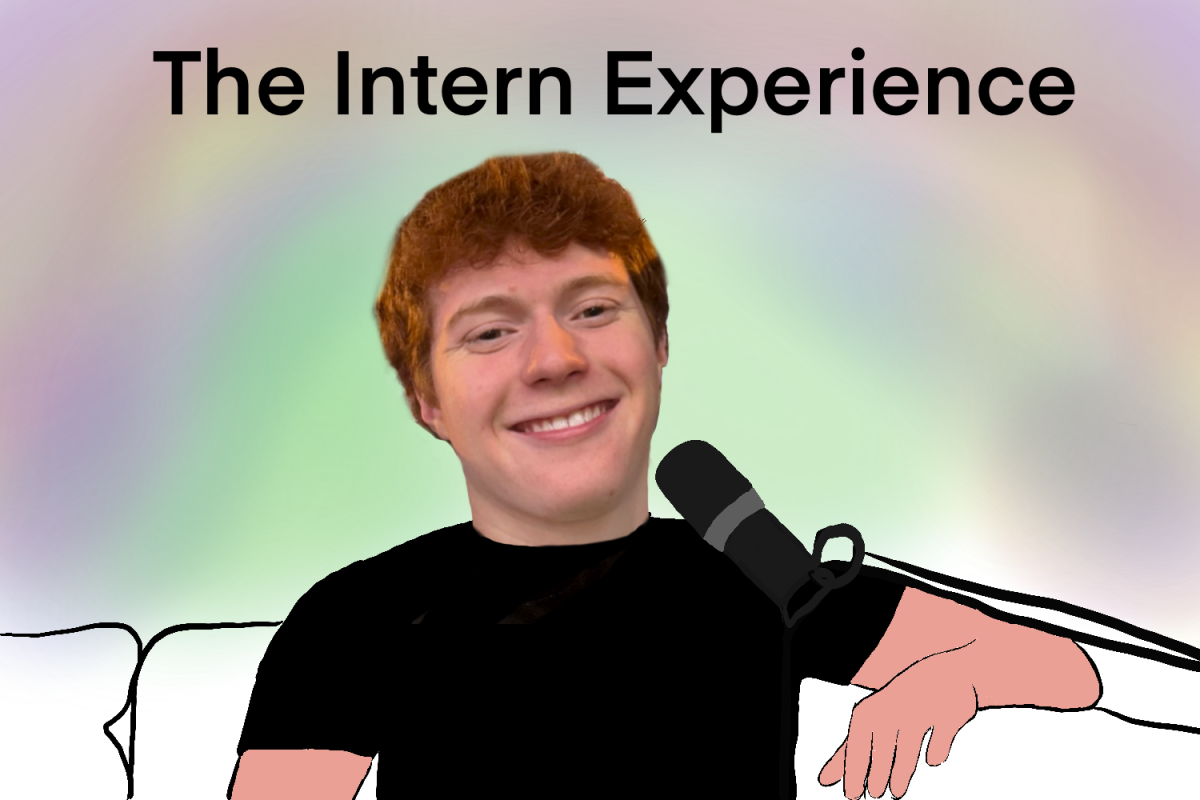Wealth makes a major difference in the quality of a person’s education. Being born into the right zip code, the wealthier zip code, can mean going to a much better public school and a much better chance of getting into elite colleges such as the Ivy League universities, MIT and Stanford.
In turn, going to elite colleges can mean a higher salary after graduating. According to a study by PayScale, alumni of Princeton and MIT with at least 10 years of experience received the highest salaries of all college graduates, earning about $190,000 on average per year. Meanwhile, according to the U.S. Census Bureau, college graduates in general earned median incomes of about $74,000.
Even MIT graduates with less than five years of experience earned $106,400 on average.
In the third episode of “People, Politics, and Perspective,” Elaine Jiang continues the conversation around the affirmative action debate from episode two, but with a new perspective. Bertrand Cooper is a freelance writer who has been published in Dissent Magazine, the New York Times, and more. Cooper published a piece in the Atlantic back in June right before the Supreme Court ruled on Students for Fair Admissions v. Harvard called “The Failure of Affirmative Action” where he reflected on how affirmative action had historically failed at helping the poor subsections of racial minorities secure bachelor’s degrees.
Listen as Jiang and Cooper discuss the Supreme Court striking down race-based affirmative action, the impacts of wealth and poverty on educational outcomes, and how education can be more affordable and accessible.
The music in this episode is courtesy of Rachel Alcazar.
This story was originally published on Scot Scoop News on December 11, 2023.

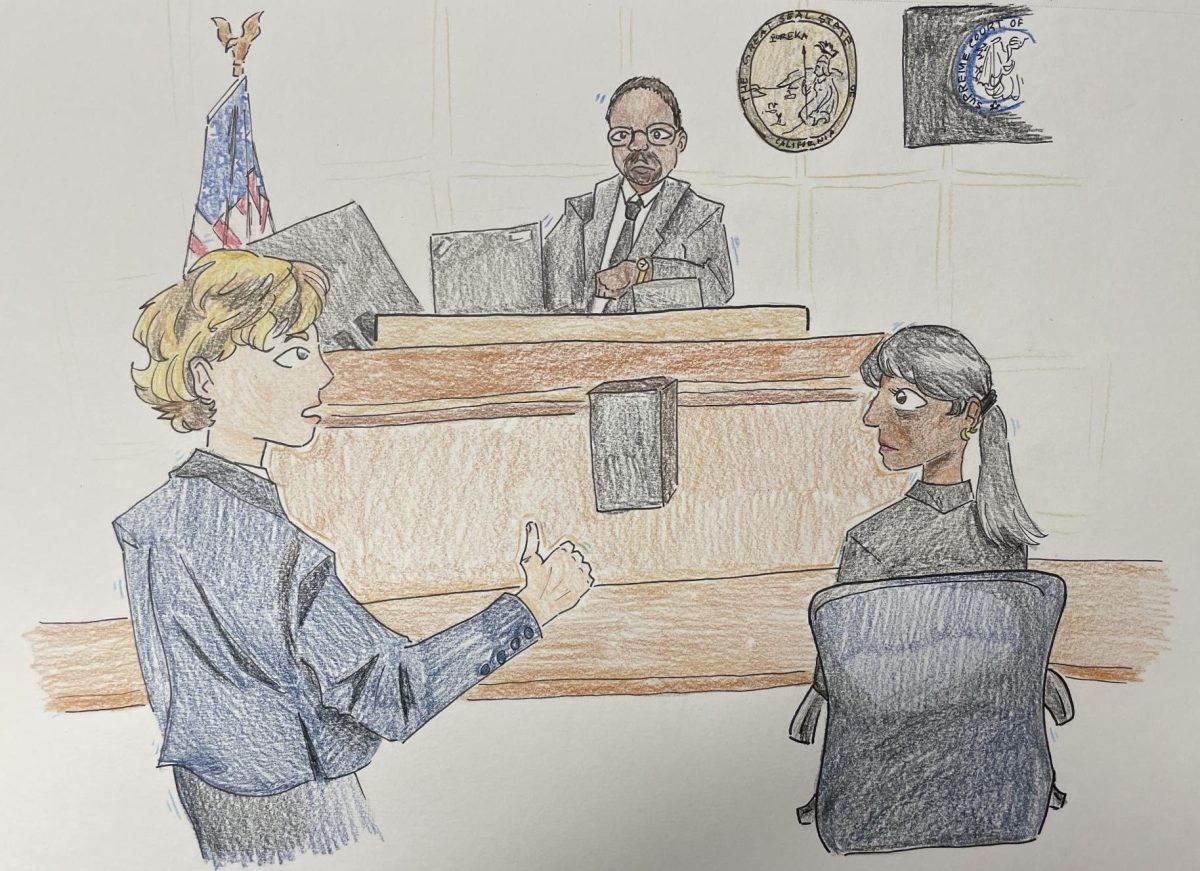

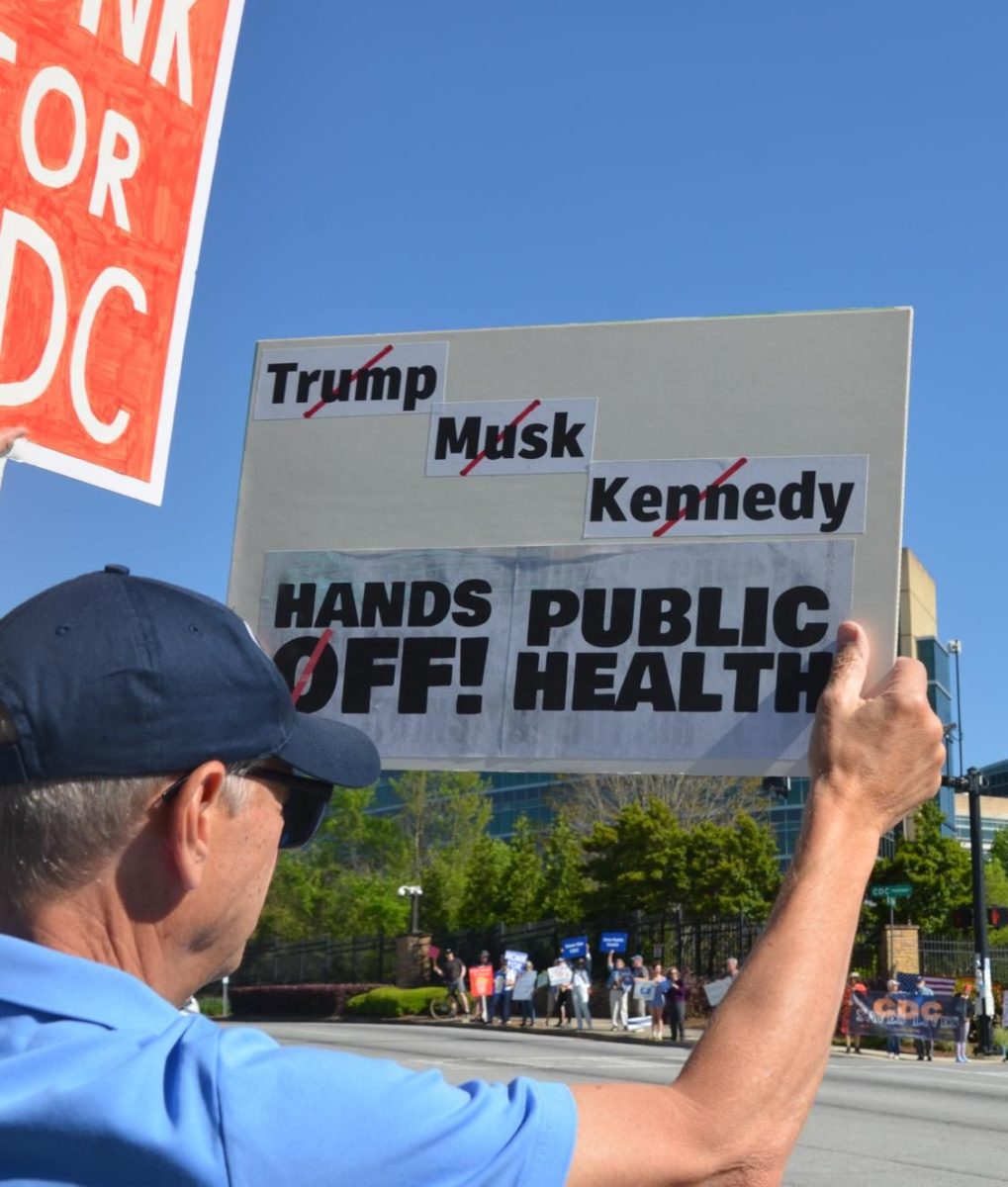
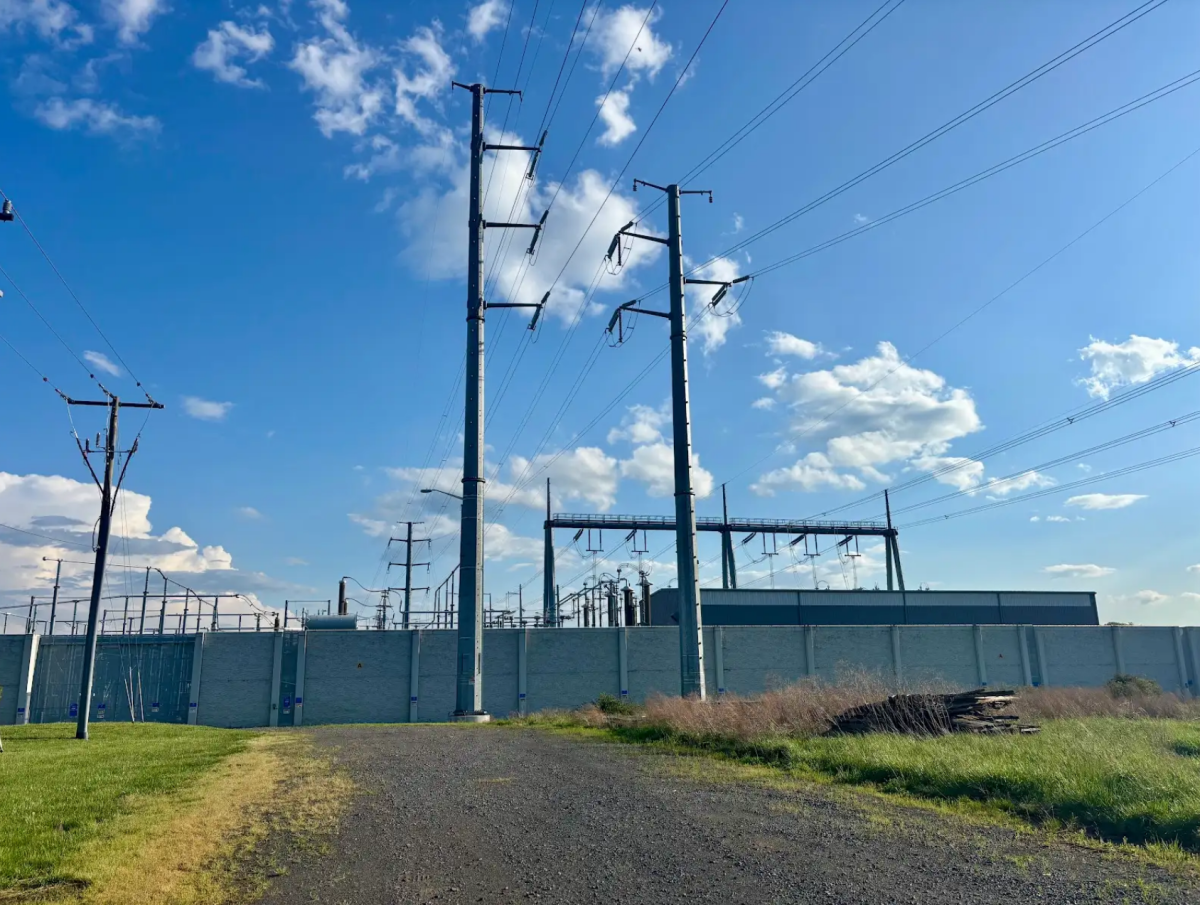
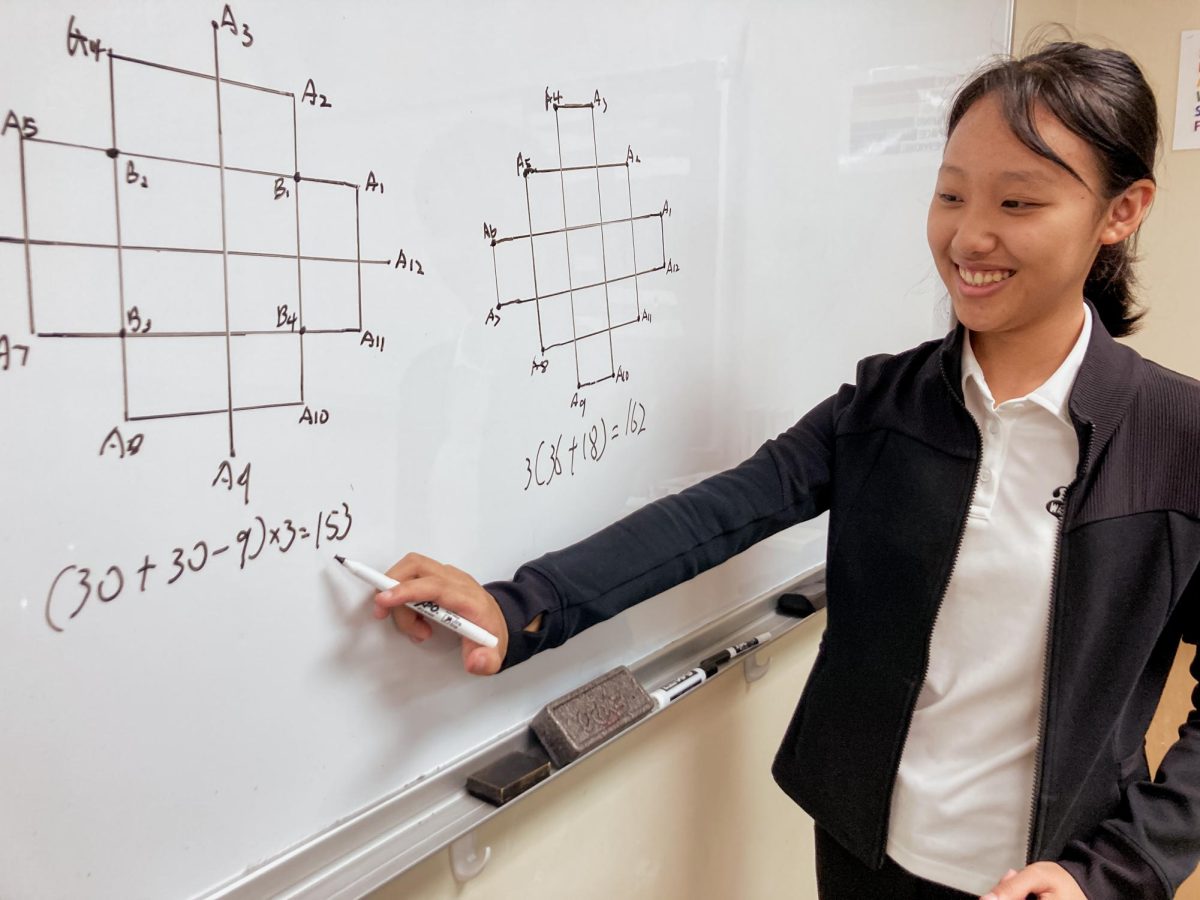



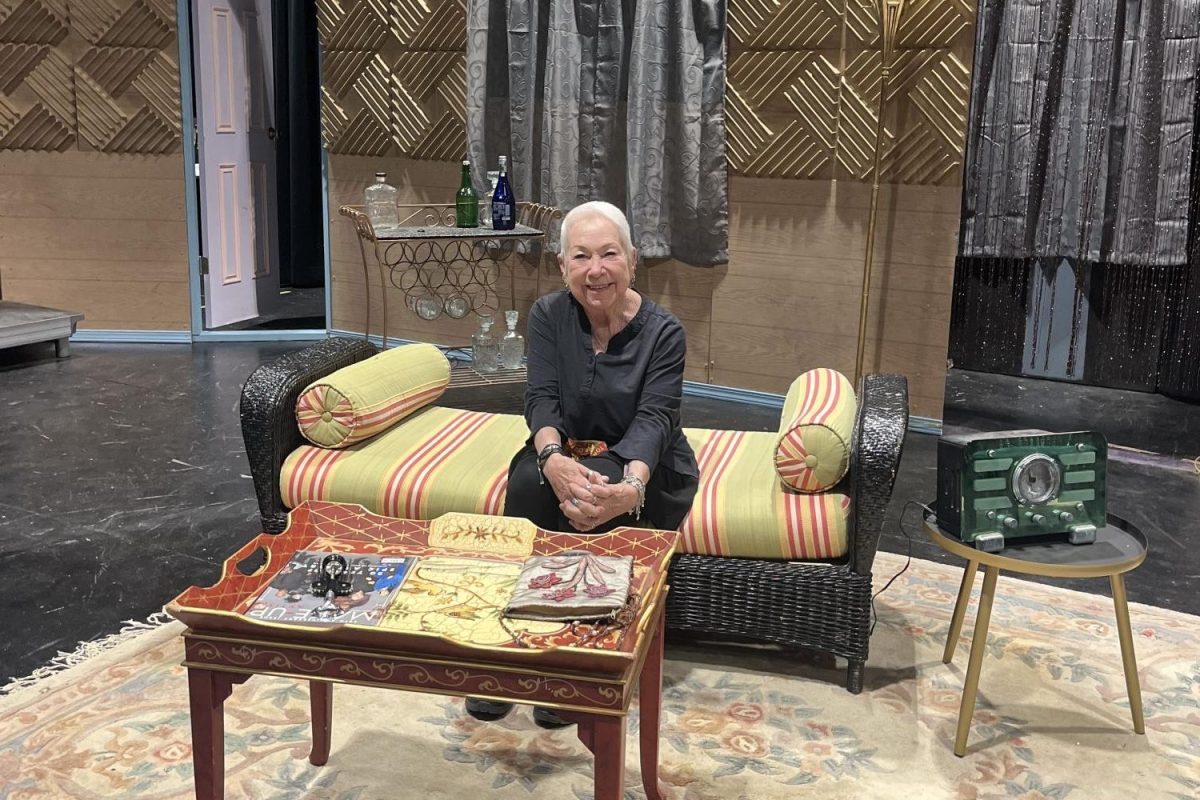




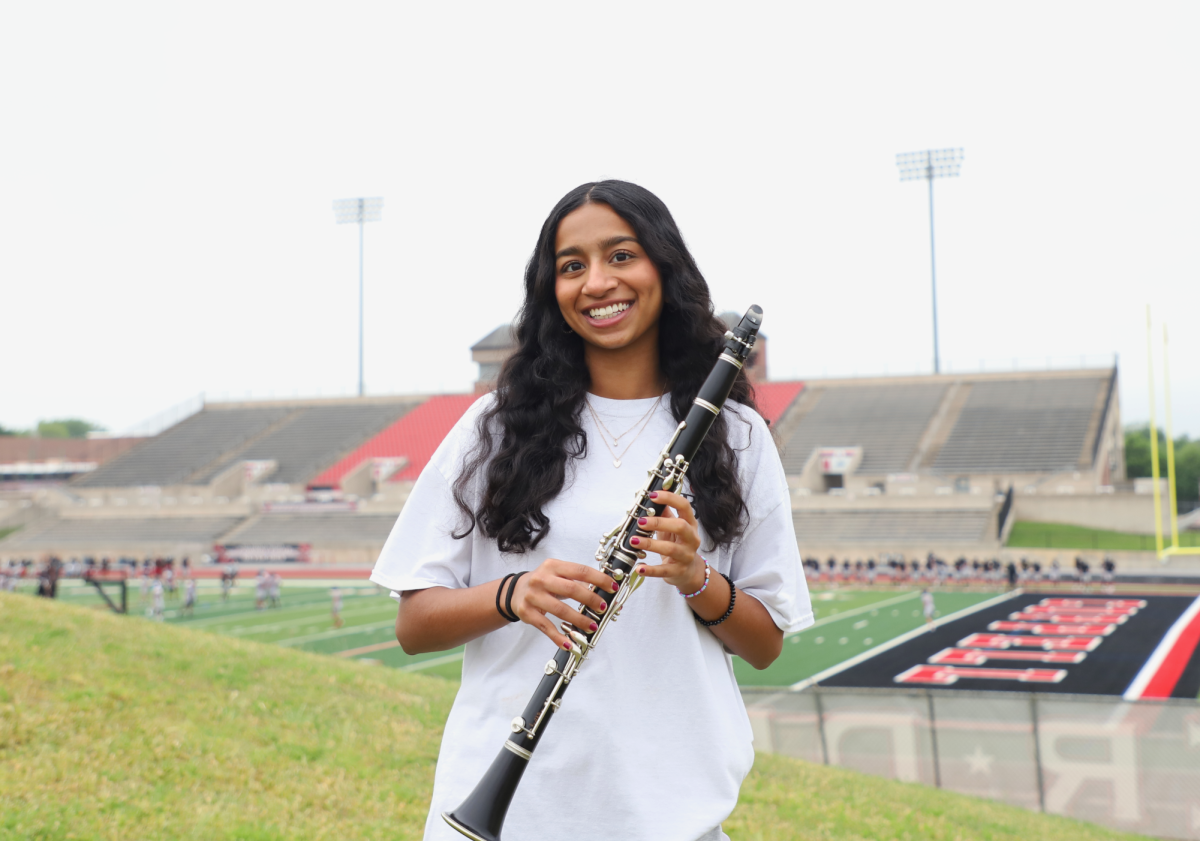
![Finishing her night out after attending a local concert, senior Grace Sauers smiles at the camera. She recently started a business, PrettySick, that takes photos as well as sells merch at local concert venues. Next year, she will attend Columbia Chicago College majoring in Graphic Design. “There's such a good communal scene because there [are] great venues in Austin,” Sauers said. “I'm gonna miss it in Austin, but I do know Chicago is good, it's not like I'm going to the middle of nowhere. I just have to find my footing again.” Photo Courtesy of Grace Sauers.](https://bestofsno.com/wp-content/uploads/2025/05/Grace.png)
